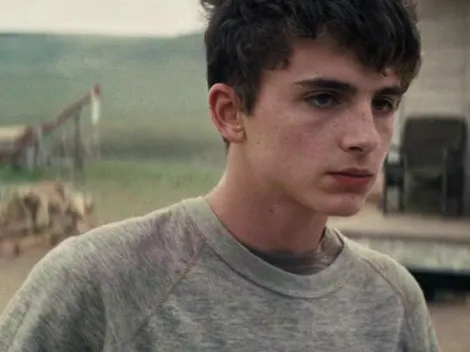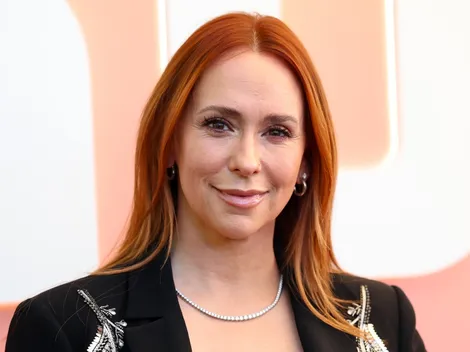The calendar marks another milestone for Simon Cowell, a figure whose presence in the global music industry is less about celebrity and more about architecture. He is a genuine visionary, blessed with an almost mystical ear for raw and chaotic potential.
The tangible proof of this talent-spotting genius is scattered across global charts, a remarkable legacy built on transforming hopefuls into certified chart-topping franchises. These groups represent far more than just commercial success; they are meticulously engineered phenomena, ranging from boybands that shattered sales records to vocal ensembles that reinvented classical pop.
One Direction
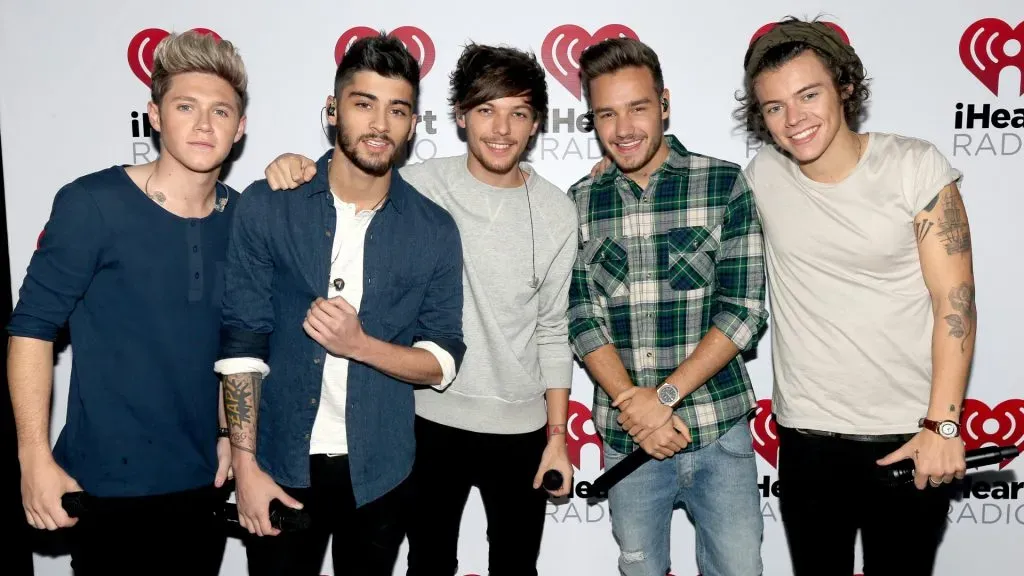
One Direction (Source: Christopher Polk/Getty Images for Clear Channel)
Formed on The X Factor UK in 2010, One Direction began as five solo hopefuls—Harry Styles, Niall Horan, Liam Payne, Louis Tomlinson, and Zayn Malik—each with raw charm but incomplete potential. Simon Cowell, watching from the judges’ table, had the instinct to unite them.
That single decision birthed one of the most successful boy bands in pop history. With their debut album Up All Night and the smash hit “What Makes You Beautiful,” they triggered a new wave of fan hysteria. Under Cowell’s guidance, their blend of youthful charisma, British wit, and catchy melodies conquered charts across continents, earning them over 200 awards and solidifying Cowell’s reputation as a pop visionary.
Little Mix

Little Mix (Source: Stuart C. Wilson/Getty Images)
In 2011, Cowell once again demonstrated his sharp intuition on The X Factor UK. Four young women—Perrie Edwards, Leigh-Anne Pinnock, Jesy Nelson, and Jade Thirlwall—were struggling as solo contestants until Cowell suggested they join forces. The result was Little Mix, the first and only group ever to win The X Factor.
Known for their flawless harmonies, bold performances, and empowering anthems like “Shout Out to My Ex” and “Woman Like Me,” Little Mix redefined what a girl group could be in the modern era. Cowell not only shaped their early sound but helped position them as global role models, celebrating diversity, friendship, and independence.
Il Divo
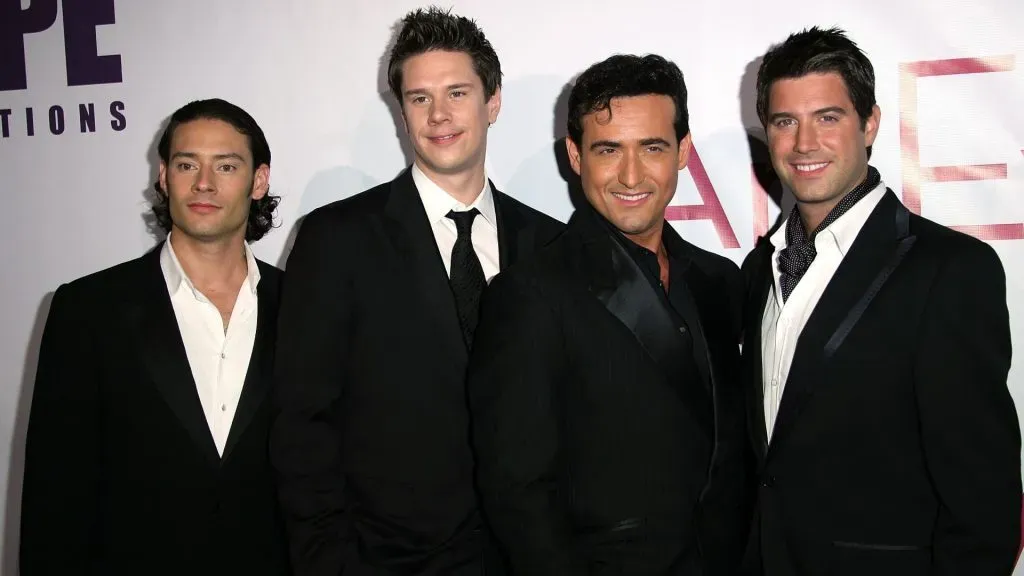
Il Divo (Source: Tristan Fewings/Getty Images)
A true reflection of Cowell’s creative ambition, Il Divo was formed in 2003 after an international talent search. Cowell envisioned a group that could blend the passion of opera with the accessibility of pop—a “popera” act for the masses. The result was Il Divo, featuring singers from Spain (Carlos Marín), Switzerland (Urs Bühler), France (Sébastien Izambard), and the U.S. (David Miller).
Their self-titled debut album became a worldwide phenomenon, selling millions and topping charts in more than a dozen countries. With elegant performances and songs like “Regresa a Mí”, Il Divo transformed classical crossover into a mainstream sensation—another testament to Cowell’s ability to predict musical trends before they existed.
Westlife

Westlife (Source: Tristan Fewings/Getty Images)
Long before The X Factor, Simon Cowell was already a kingmaker in the late 1990s pop scene. He discovered Westlife, a group of five Irish singers—Shane Filan, Mark Feehily, Kian Egan, Nicky Byrne, and Brian McFadden—whose powerful ballads and wholesome image made them a household name.
Cowell guided their early career, overseeing hits like “Flying Without Wings”, “Swear It Again”, and “You Raise Me Up.” Under his management, Westlife achieved an astonishing run of UK number-one singles and became one of the most successful boy bands of all time. Their longevity and loyal fan base still reflect Cowell’s golden touch for crafting timeless pop.
Fifth Harmony
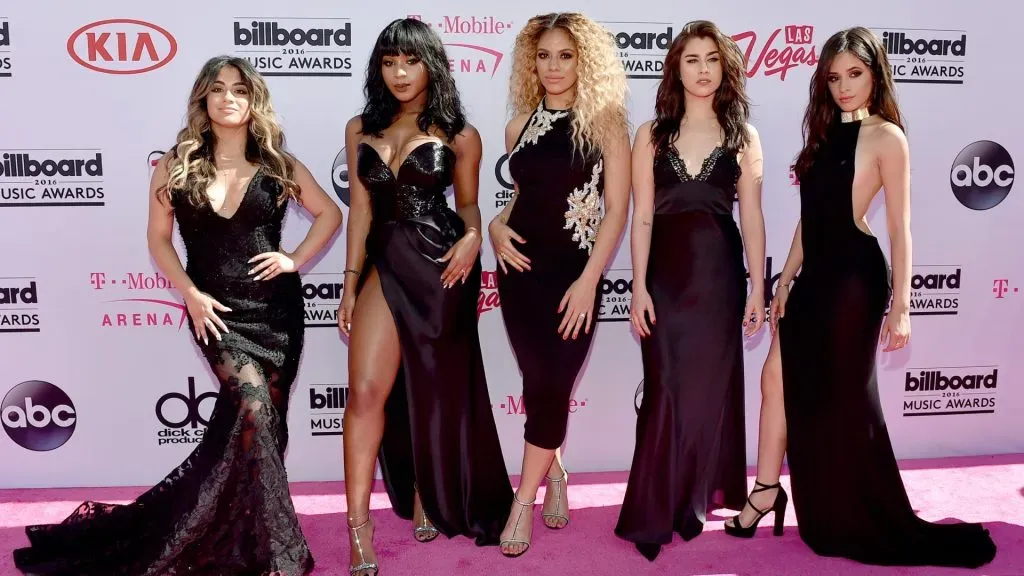
Fifth Harmony (Source: David Becker/Getty Images)
Simon Cowell brought his winning formula to the U.S. with The X Factor USA in 2012, where he created Fifth Harmony from five solo contestants—Ally Brooke, Normani, Lauren Jauregui, Dinah Jane, and Camila Cabello. The group finished third on the show but went on to dominate pop radio.
With chart-topping hits like “Worth It” and “Work from Home,” they became a cultural force, embodying confidence, diversity, and empowerment. Cowell helped them balance mainstream appeal with individuality, and even after lineup changes and eventual solo careers, Fifth Harmony’s impact on pop culture remains undeniable.
CNCO
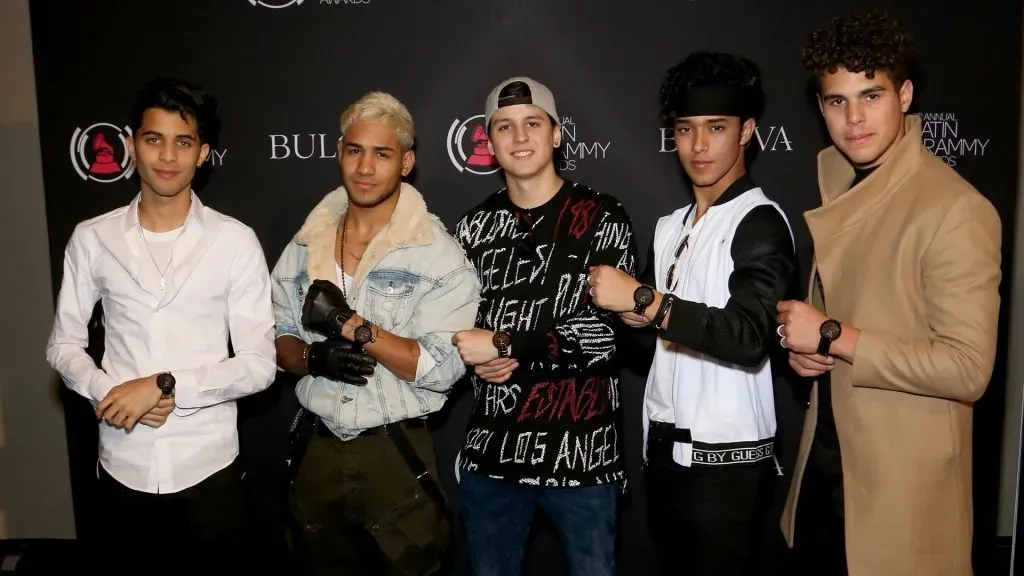
CNCO (Source: Gabe Ginsberg/Getty Images for LARAS)
Inspired by Cowell’s global influence, La Banda—a Latin American reality competition co-created by him—gave rise to CNCO in 2015. The five members (Christopher Vélez, Richard Camacho, Zabdiel De Jesús, Joel Pimentel, and Erick Brian Colón) blended pop with reggaeton and quickly became one of the most prominent Latin boy bands of the decade.
Their debut single “Reggaetón Lento (Bailemos)” exploded across streaming platforms, earning international recognition. Cowell’s vision of fusing regional identity with global pop sensibilities once again paid off, proving that his instinct for assembling stars transcends language and geography.



